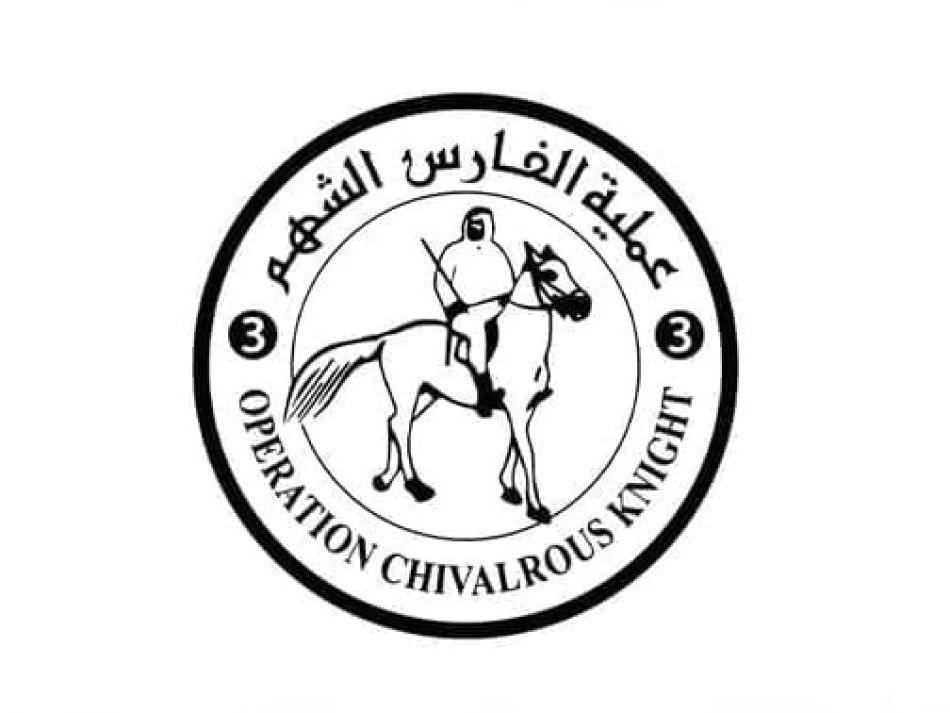
UAE Airlifts Essential Aid, Delivers 20 Food Trucks to Gaza in Ongoing 'Birds of Goodness' Operation
UAE Delivers 61st Airdrop to Gaza as International Humanitarian Coalition Expands
The United Arab Emirates has executed its 61st airdrop mission to Gaza as part of its "Birds of Goodness" operation, marking a significant milestone in what has become one of the most sustained international humanitarian efforts in the region. The mission, conducted alongside Jordan, France, Germany, Belgium, and Italy, has now delivered over 3,818 tons of essential supplies to Palestinian civilians, while ground convoys continue to supplement aerial deliveries despite challenging field conditions.
Sustained Operations Reflect Strategic Humanitarian Approach
The UAE's "Birds of Goodness" initiative, operating under the broader "Gallant Knight 3" framework, represents a methodical approach to crisis response that differs markedly from ad-hoc emergency aid. By reaching 61 consecutive airdrops, the Emirates has demonstrated both logistical capability and political commitment that extends well beyond symbolic gestures.
The inclusion of multiple European nations—France, Germany, Belgium, and Italy—alongside regional partner Jordan signals a coordinated international response that transcends traditional Middle Eastern diplomatic alignments. This multilateral approach mirrors successful humanitarian coalitions seen during natural disasters in Southeast Asia and conflict zones in Africa, where sustained partnerships proved more effective than unilateral efforts.
Ground Operations Complement Aerial Strategy
Beyond airdrops, the UAE dispatched 20 additional aid trucks through ground routes, indicating a dual-track strategy designed to maximize delivery efficiency. This approach acknowledges the practical limitations of aerial delivery—while airdrops can reach otherwise inaccessible areas, ground convoys carry larger volumes and more diverse supplies including medical equipment and construction materials.
Geopolitical Implications for Gulf Leadership
The UAE's prominent role in Gaza humanitarian efforts reflects broader shifts in Middle Eastern diplomacy. Unlike previous decades when Gulf states maintained distance from Palestinian issues, the Emirates now positions itself as a pragmatic mediator capable of working with international partners while maintaining regional relationships.
This humanitarian leadership serves multiple strategic purposes: it enhances the UAE's international reputation, demonstrates operational capabilities that could prove valuable in future crises, and provides diplomatic leverage in regional negotiations. The sustained nature of these operations—61 missions over several months—suggests institutional commitment rather than reactive policy.
International Coordination Sets Precedent
The European participation in UAE-led operations represents an interesting reversal of traditional aid dynamics, where Western nations typically coordinate relief efforts. This partnership model could influence future humanitarian responses, particularly in regions where Gulf states possess logistical advantages or political access that European nations lack.
Operational Scale Indicates Long-Term Planning
Delivering 3,818 tons of aid through 61 separate missions requires sophisticated logistics, dedicated aircraft, trained personnel, and substantial financial resources. The consistency of these operations suggests the UAE has allocated significant institutional capacity to sustain this effort regardless of changing political circumstances.
For comparison, major international humanitarian organizations typically struggle to maintain such regular delivery schedules in active conflict zones. The UAE's success indicates either exceptional operational planning or preferential access arrangements that enable continued flights despite security concerns.
The combination of aerial and ground delivery methods—airdrops supplemented by truck convoys—reflects lessons learned from humanitarian operations in Syria, Yemen, and other conflict zones where single-method approaches proved insufficient. This adaptive strategy positions the UAE as a sophisticated humanitarian actor capable of complex, multi-modal operations.
Most Viewed News

 Sara Khaled
Sara Khaled






